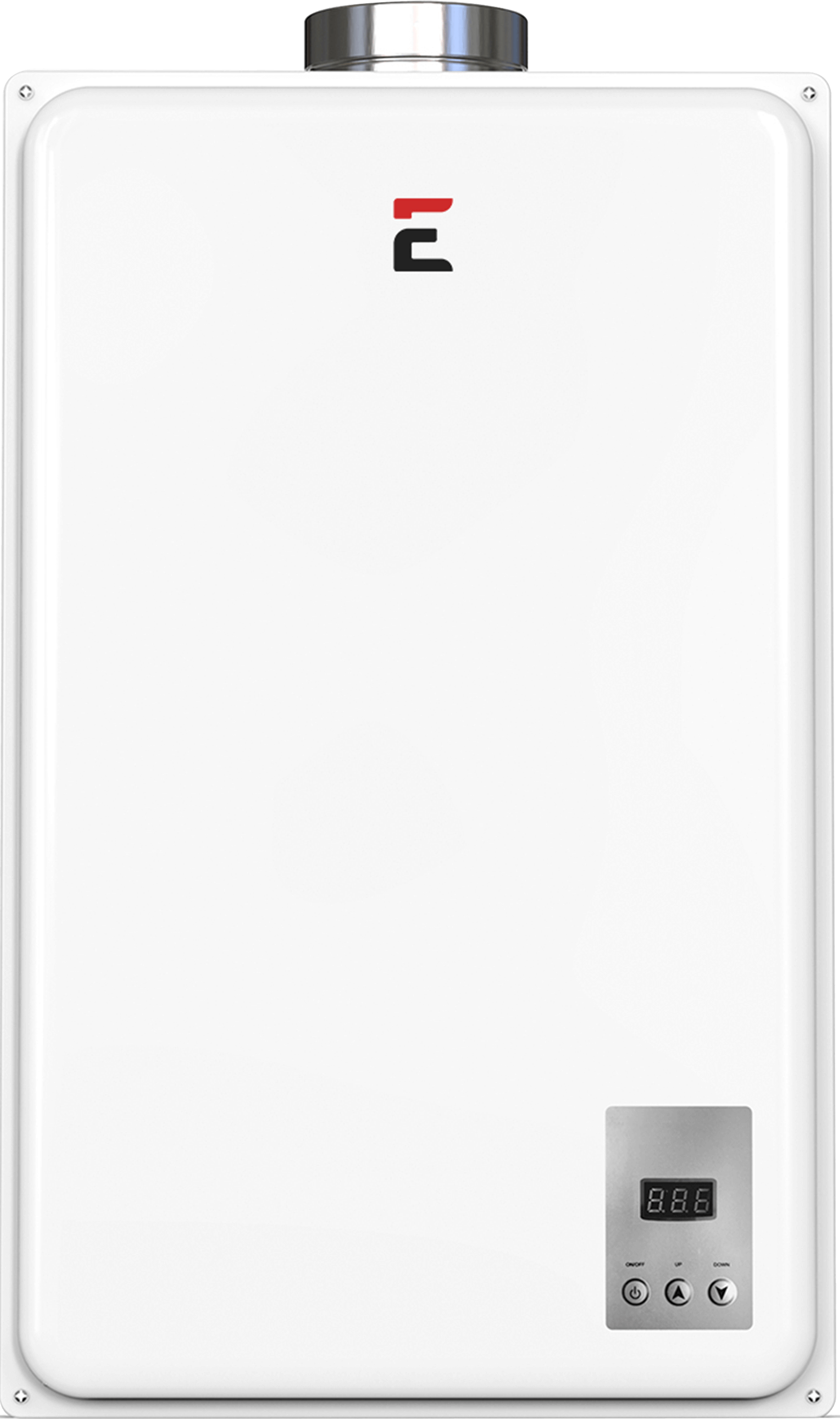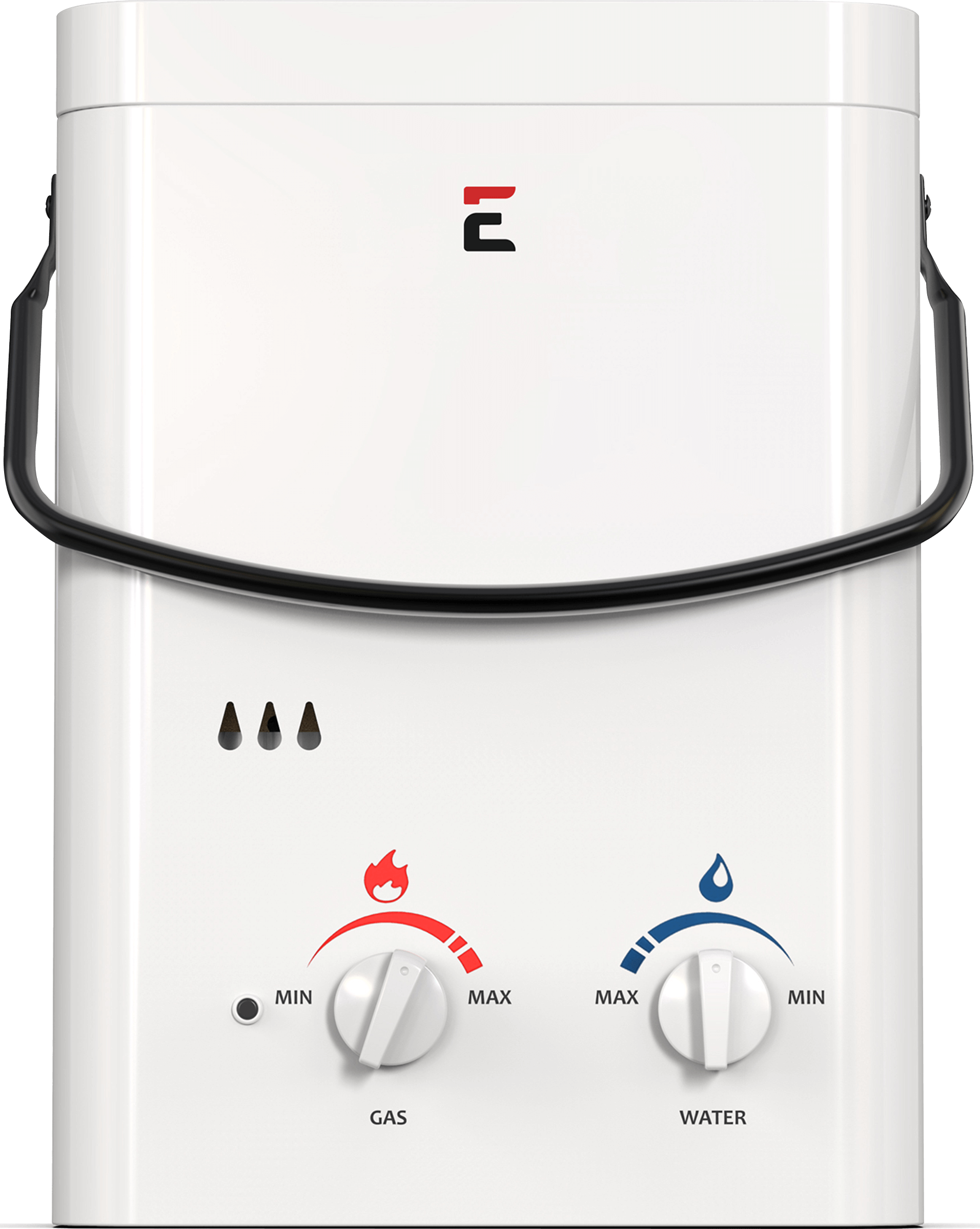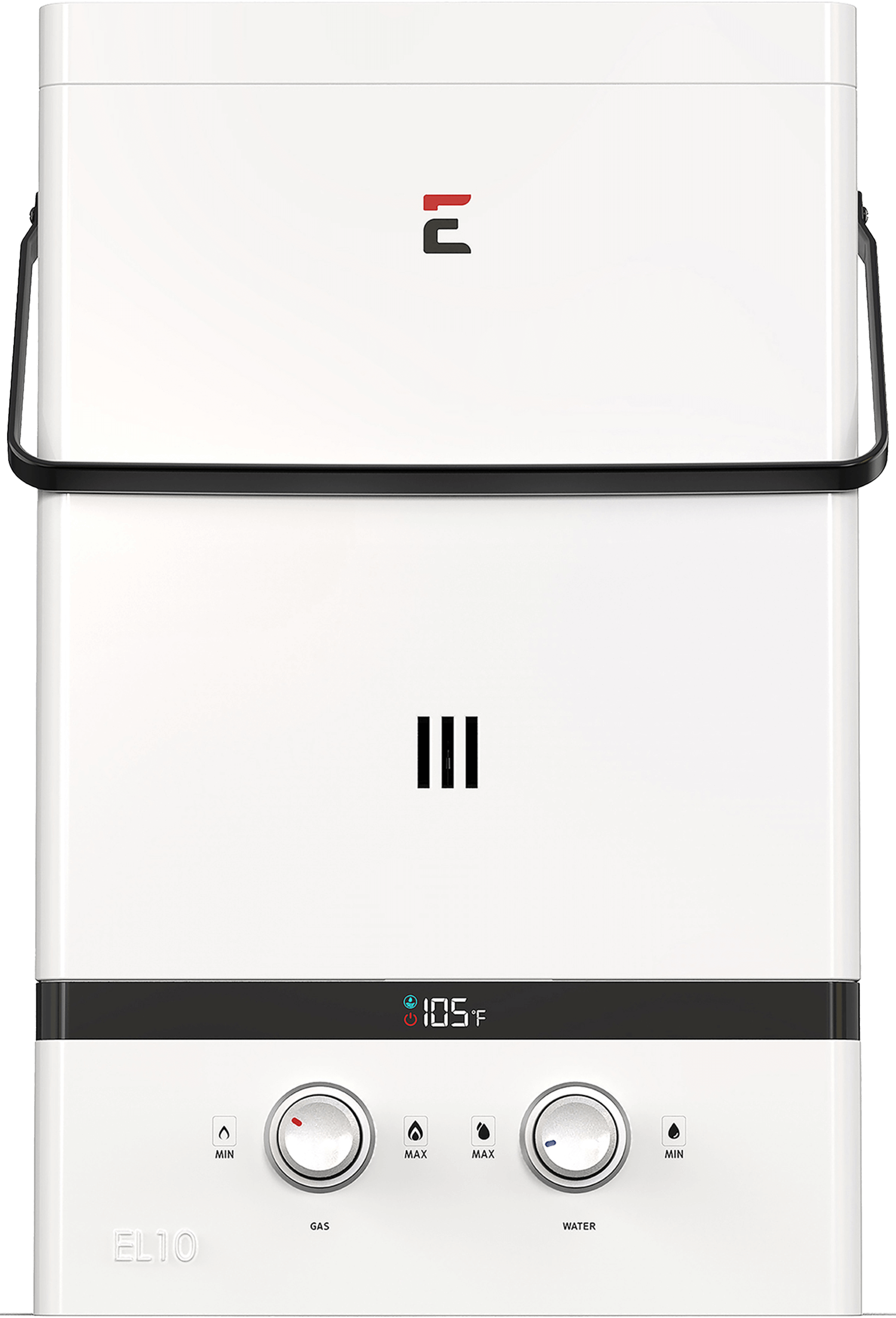The Environmental Benefits of Tankless Water Heaters
Energy Efficiency and Reduced Consumption
In today's world, where sustainability and energy efficiency have become top priorities, homeowners are increasingly seeking eco-friendly water heaters to reduce their carbon footprint. Among the various options available, tankless water heaters stand out as a sustainable home heating solution that offers numerous environmental benefits. Unlike traditional storage-based models, tankless systems provide hot water on demand, leading to significant energy savings, reduced waste, and a greener home.
One of the most significant advantages of tankless water heaters is their superior energy efficiency. Conventional water heating methods rely on a storage system that continuously heats water, consuming energy even when hot water is not in use. This process, known as standby heat loss, results in unnecessary energy wastage.
In contrast, tankless technology operates only when hot water is needed. By instantly heating water as it flows through the system, energy consumption is drastically reduced. According to the U.S. Department of Energy, tankless water heaters can be up to 34% more energy-efficient than traditional models in homes that use 41 gallons or less of hot water daily. For homes with higher hot water demands, efficiency improvements can still reach around 14%. These savings contribute to a lower carbon footprint and reduced reliance on non-renewable energy sources.
Another key factor in energy savings is the use of modulating burners, which adjust the heating power based on water flow and demand. This prevents excessive energy use and ensures that homeowners only use what is necessary, further reducing environmental impact.
Lower Greenhouse Gas Emissions
Green water heater options, such as tankless systems, help reduce greenhouse gas emissions by minimizing the burning of fossil fuels. Traditional models often rely on gas or electricity to keep stored water hot, leading to continuous fuel consumption. The efficiency of tankless technology means less energy is used, directly decreasing the amount of carbon dioxide and other pollutants released into the atmosphere.
For households using propane-powered tankless water heaters, the environmental impact is further reduced. Propane burns cleaner than other fossil fuels such as coal and oil, producing fewer carbon emissions. Additionally, homeowners who opt for electric tankless (also read related article) systems powered by renewable energy sources, such as solar or wind power, can achieve nearly zero emissions, making their homes even greener.
Many governments worldwide are implementing stricter energy efficiency regulations to combat climate change. Switching to a tankless water heater aligns with these initiatives, helping homeowners contribute to sustainability goals on both national and global levels.
Waste Reduction and Longer Lifespan
Another crucial environmental benefit of tankless water heaters is their ability to reduce water waste. Traditional models often require users to let water run while waiting for it to reach the desired temperature, wasting gallons in the process. Tankless technology, however, delivers hot water almost immediately, ensuring minimal wastage.
Tankless water heaters have a much longer lifespan compared to their traditional counterparts. While conventional water heaters typically last between 8 to 12 years, tankless models can function efficiently for 20 years or more with proper maintenance. This longevity means fewer replacements over time, reducing the number of discarded appliances ending up in landfills.
Moreover, many components of tankless water heaters are replaceable, allowing for easy repairs rather than complete replacements. This further decreases waste production and promotes a more sustainable approach to home heating. The ability to upgrade parts also allows homeowners to maintain efficiency over time, preventing unnecessary environmental impact.
Reducing Household Energy Costs While Staying Green
Choosing a tankless water heater not only benefits the environment but also leads to substantial savings on energy bills. By using less energy and eliminating standby heat loss, homeowners can significantly cut their utility costs. The initial investment may be higher than a traditional model, but the long-term savings on energy and maintenance make it a cost-effective and eco-friendly solution.
Additionally, many governments and energy providers offer incentives and rebates for installing energy-efficient appliances. Homeowners who invest in a tankless water heater may qualify for tax credits, further enhancing the financial appeal of this green technology. Incentive programs continue to expand as part of sustainability efforts, making the switch even more accessible for consumers.
Furthermore, tankless water heaters contribute to lower household water consumption. Because they provide hot water more efficiently, they prevent unnecessary water use, especially in regions where droughts and water shortages are a growing concern. As a result, they support long-term water conservation efforts.
Eccotemp SmartHome Integration for Sustainable Living
Eccotemp has taken sustainable home heating a step further by integrating smart technology into their tankless water heating solutions. With the Eccotemp SmartHome series, homeowners can optimize their energy and water usage like never before.
The SmartHome lineup features WiFi-enabled models that allow users to control temperature settings, monitor water consumption, and track energy efficiency from their smartphones. Through the Eccotemp app, users gain real-time insights into their hot water usage, helping them make informed decisions to reduce waste and maximize efficiency.
Additionally, Eccotemp SmartHome water heaters are designed to work seamlessly with other smart home ecosystems, such as Amazon Alexa and Google Assistant. This enables hands-free voice control, allowing users to adjust settings with simple commands, making it easier than ever to maintain an eco-friendly home.
One of the standout features of Eccotemp’s SmartHome technology is its advanced scheduling capabilities. Users can program their water heater to operate at peak efficiency during specific times of the day, reducing energy consumption during non-essential hours. This feature is particularly beneficial for homeowners looking to lower their carbon footprint while keeping their energy costs in check.
Promoting Sustainable Living
The adoption of tankless water heaters aligns with the growing trend toward sustainable home heating. By reducing energy consumption, cutting down on waste, and decreasing greenhouse gas emissions, these systems help households contribute to global environmental efforts.
Many smart home technologies also integrate with tankless water heating, allowing homeowners to monitor energy and water usage in real-time. This level of control helps optimize consumption, ensuring that sustainability efforts are not only effective but also trackable. By adopting these solutions, households can take a proactive role in conservation and resource management.
Conclusion
Tankless water heaters represent a powerful step toward a more sustainable home and a healthier planet. Their energy efficiency, reduced waste production, and ability to lower greenhouse gas emissions make them one of the best green water heater options available today. Homeowners who prioritize eco-friendly living will find that investing in a tankless system not only enhances their home’s sustainability but also provides long-term cost savings.
As global awareness of climate change and energy conservation continues to grow, making small changes—such as switching to a tankless water heater—can have a significant impact. Choosing an environmentally friendly water heating solution is not just a smart financial decision but also a commitment to a greener, more sustainable future.
With advancements in technology and increasing access to renewable energy sources, now is the perfect time for homeowners to make the switch. By prioritizing energy efficiency and resource conservation, individuals can make meaningful contributions toward a cleaner planet for future generations.
 Weekly Deals
Weekly Deals
 Water Heaters
Water Heaters
 Accessories
Accessories
 Installation
Installation
 Parts
Parts
 Protection Plans
Protection Plans
 Final Sale
Final Sale
























